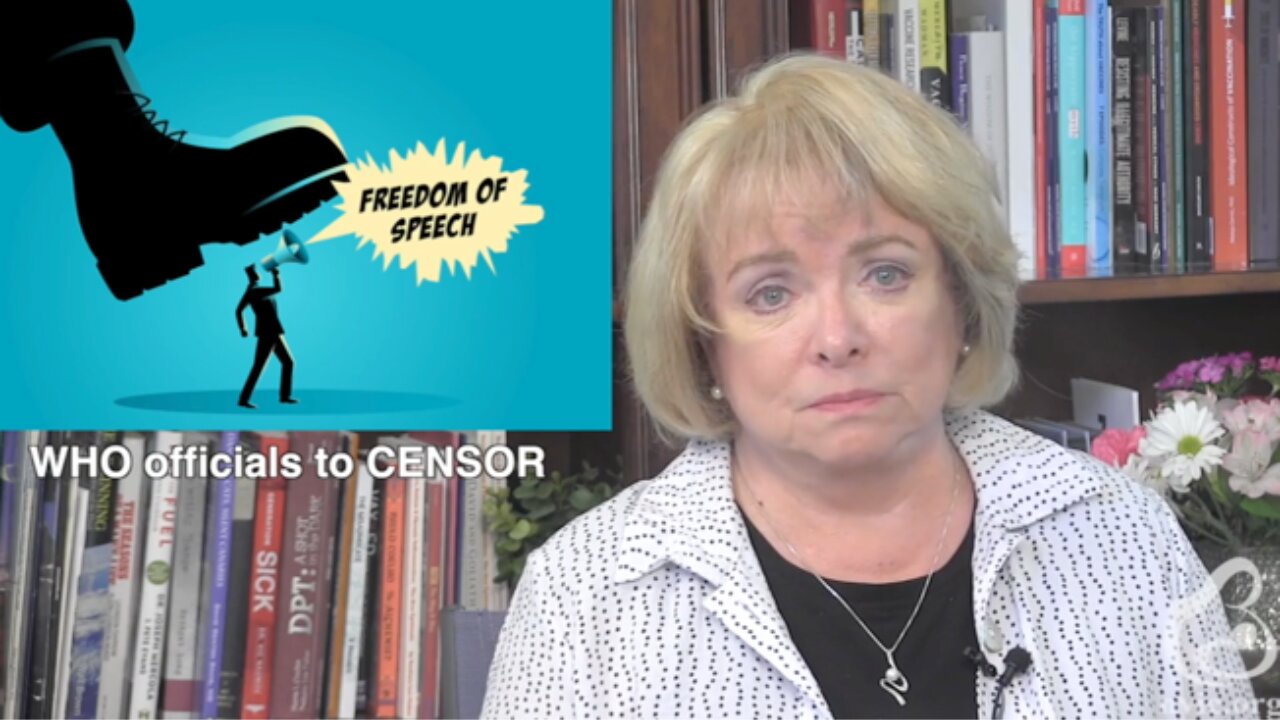- The U.S. House of Representatives has passed H.R. 6, the 21st Century Cures Act.
- The bill would lower FDA licensing standards for pharmaceutical products.
- Pharma would no longer be required to use large clinical trials to demonstrate the safety and efficacy of its products.
The non-profit National Vaccine Information Center (NVIC) says the proposed 21st Century Cures Act (H.R. 6) will endanger the public health by lowering scientific and informed consent standards used by the Food and Drug Administration (FDA) to license experimental biological products (vaccines), drugs and medical devices in order to expedite delivery to the U.S. market. Under the proposed law, drug companies could avoid conducting large randomized clinical trials and researchers would be able to test new products on humans without obtaining informed consent.
“Informed consent is the gold standard in human experimentation and the practice of ethical medicine, and there is no substitute for the requirement that drug companies conduct large, well designed randomized clinical trials before the FDA licenses a new vaccine.”
The bill passed the U.S. House of Representatives on July 10, 2015. It mandates that an additional $9 billion be given to National Institutes of Health (NIH) to develop new vaccines and drugs and $550 million be given to the FDA to fast track licensure.
“The 21st Century Cures Act is a drug company stockholder’s dream and a consumer’s worst nightmare,” said Barbara Loe Fisher, NVIC Co-founder and President. “Making experimental drugs quickly available for the sick and dying, who voluntarily choose to use them, is one thing but Congress should not be greasing the skids to license experimental vaccines that government will recommend and legally require healthy children and adults to use. It is a prescription for disaster.”
The proposed law would allow drug companies to use surrogate endpoints to evaluate the effectiveness of experimental vaccines and drugs, and would permit the FDA to accept novel statistical analyses and clinical experience evidence instead of requiring drug companies to produce evidence from large randomized clinical trials. The legislation states that “if the proposed clinical testing poses no more than minimal risk,” informed consent would not be required from test subjects, but it is not clear who decides what constitutes “minimal risk.”
“Informed consent is the gold standard in human experimentation and the practice of ethical medicine, and there is no substitute for the requirement that drug companies conduct large, well designed randomized clinical trials before the FDA licenses a new vaccine,” said Fisher. “Moving numbers around in a computer is a poor substitute for actually proving a new vaccine works and does not kill and injure real human beings before it is recommended and used by millions of people.”
Congress gave the pharmaceutical industry a partial civil liability shield from vaccine injury lawsuits in 1986 and created a federal vaccine injury compensation program (VICP) that has awarded over $3 billion for vaccine injuries and deaths since 1988. In 2011, the U.S. Supreme Court declared vaccines to be “unavoidably unsafe” and removed all product liability for vaccines licensed by the FDA. The U.S. government recommends that children receive 69 doses of 16 vaccines between day of birth and age 18 and all 50 states have mandated dozens of doses of at least 10 of those vaccines for children to attend school.
In 2015, more than 100 bills were introduced in multiple states to add more vaccine mandates and restrict or eliminate non-medical vaccine exemptions. In June 2015, California enacted a law that eliminated the religious and conscientious belief vaccine exemptions for school entry despite large public protests with thousands of citizens holding rallies and testifying that the proposed legislation violates human and civil rights.
The U.S. government has forged a financial public private partnership with the pharmaceutical industry through a series of federal laws passed since 1984. The Departments of Health and Human Services, Defense and Homeland Security use federal appropriations to fund and partner with pharmaceutical corporations to build new vaccine plants and develop new vaccines that will be licensed, recommended and mandated by government.
Note: This piece was originally issued as a press release by the National Vaccine Information Center (NVIC).












